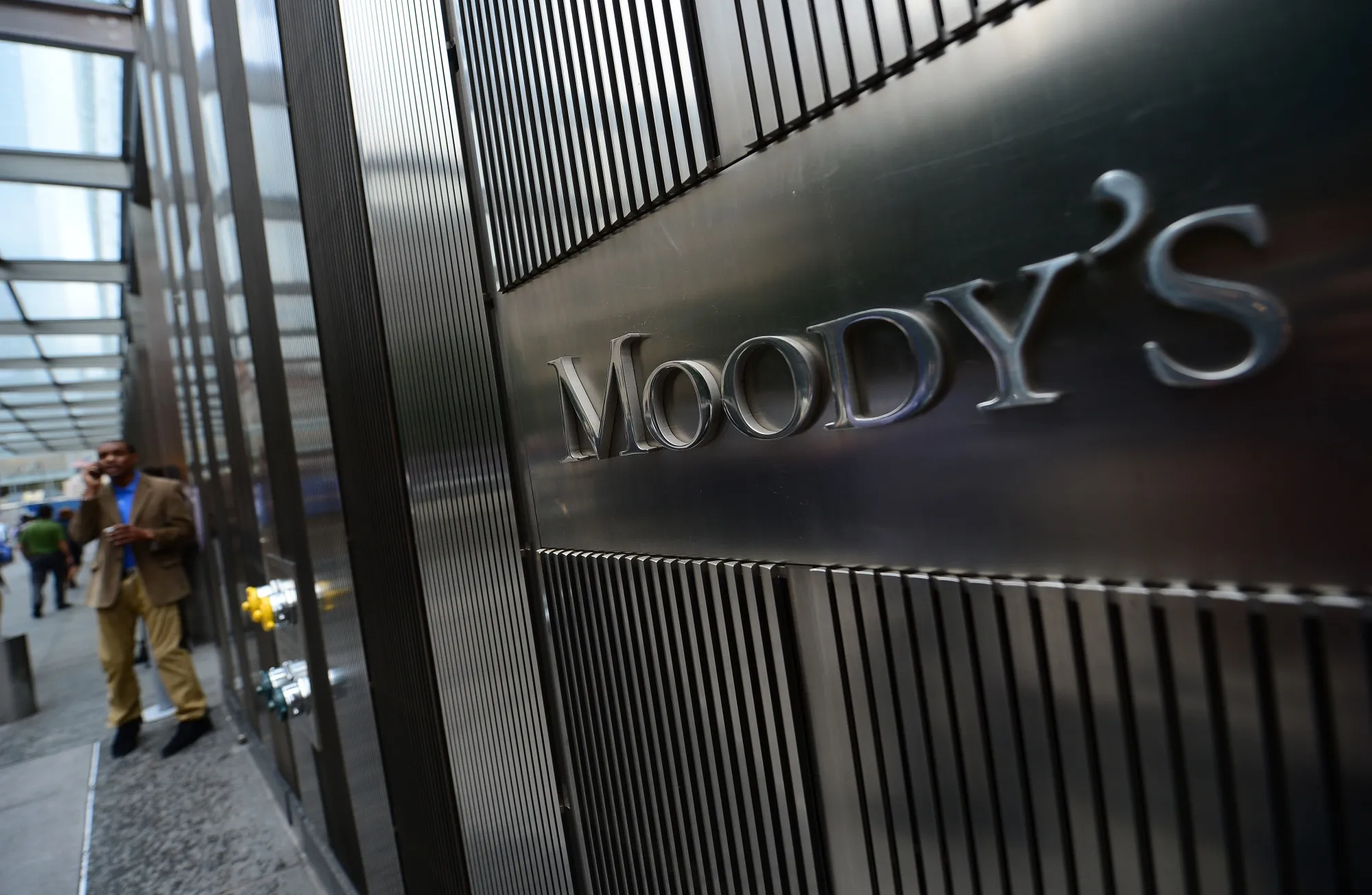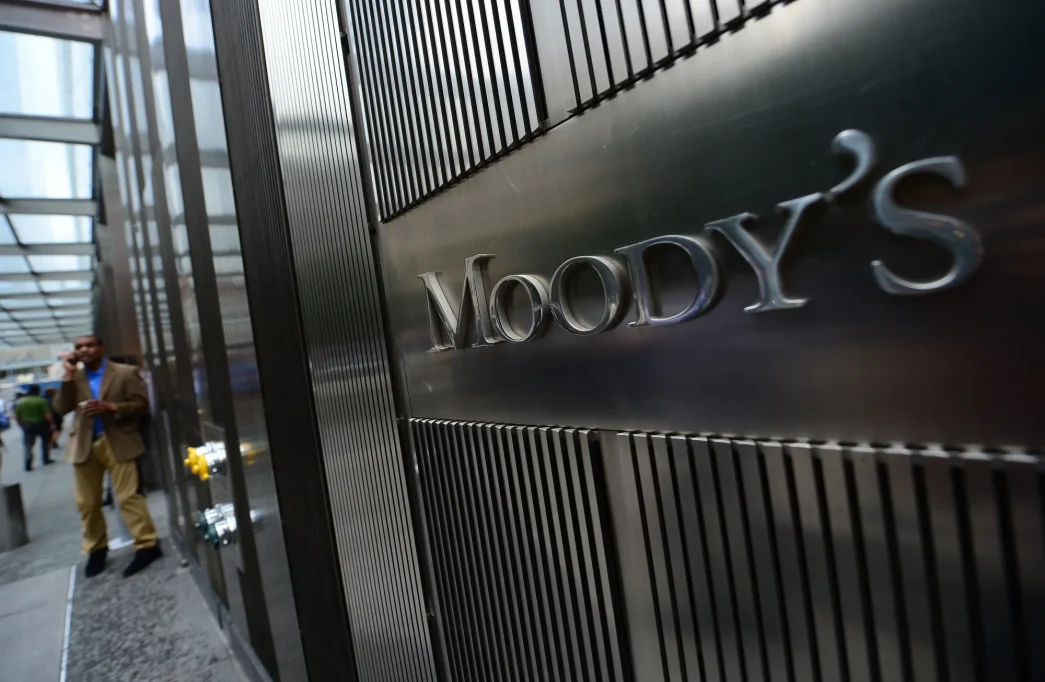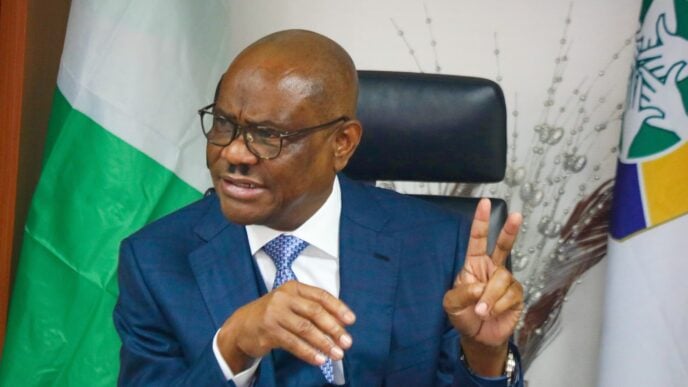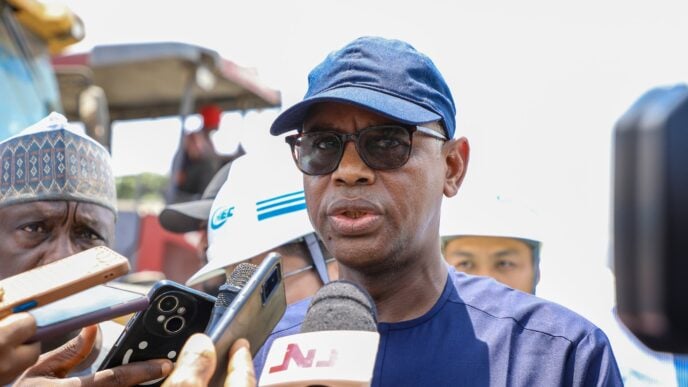Moody’s, a US-based credit rating agency, says Nigeria’s debt is expected to stabilise at 50 percent of gross domestic product (GDP) over the next few years.
Moody’s stated this in a recent statement, announcing its upgrade of Nigeria’s issuer rating from ‘Caa1’ to ‘B3’.
The rating firm also revised Nigeria’s outlook to “stable” from “positive”, citing sustained improvements in the country’s external and fiscal positions.
The US-based organisation said Nigeria’s adoption of a more flexible exchange rate has helped rebuild external reserves, while the elimination of petrol subsidy has eased fiscal pressure on the government’s budget.
Advertisement
Speaking on its projections, Moody’s said the country’s fiscal deficit is “expected to widen to 4.7 percent in 2025”, largely due to higher interest payments.
The agency, however, said it expects the deficit to stabilise in 2026 and 2027 as interest payments begin to decline, helping to offset increased pre-election spending.
“Government debt burden is likely to stabilize around 50%, but the interest-to-revenue ratio will remain weak, forecast at 35% by 2027,” Moody’s said.
Advertisement
“Over the next few years, we expect debt to level off at 50% of GDP, with interest payments taking up about 35% of government revenue.”
‘FG’S EFFORTS TO REDUCE FISCAL DEFICITS YIELDING RESULTS’
Moody’s noted that the government’s efforts to reduce fiscal deficits are showing results, largely supported by the removal of the petrol subsidy in mid-2023 and better tax collection measures.
The agency said the subsidy savings, along with revenue gains from the naira depreciation, have been partially redirected toward capital projects and social programmes.
Advertisement
“Ultimately, the primary balance shifted to a surplus of 0.8% of GDP in 2024, compared to a deficit of 2.6% in 2022,” the statement added.
Moody’s projected that Nigeria would maintain a primary surplus in 2025, but it is expected to gradually decline in 2026 and 2027 due to rising spending pressures ahead of the elections.
The agency said the effect of lower oil prices in 2025 will likely be offset by the Nigerian National Petroleum Company (NNPC) Limited ending its practice of withholding government oil revenues to cover previous subsidy expenses.
Moody’s said the stable outlook is based on its expectation that improvements in external and fiscal conditions will slow down.
Advertisement
“The stable outlook reflects our expectations that external and fiscal improvements will decelerate but will not reverse entirely,” the agency said.
The rating agency projected that existing policies will largely remain in place, with the central bank sustaining its current foreign exchange (FX) framework, supported by a positive though weaker balance of payments and ongoing efforts by fiscal authorities to boost non-oil revenue.
Advertisement
Moody’s, however, cautioned that further declines in oil prices could challenge the central bank’s commitment to its exchange rate regime and trigger a sharp depreciation of the naira, raising debt and depleting foreign reserves.
Advertisement













